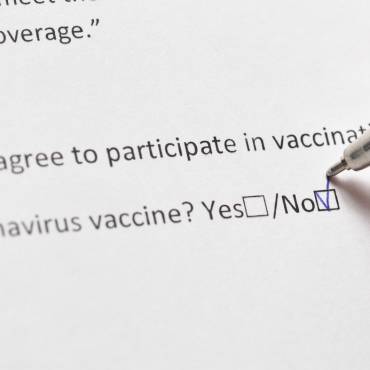Yearly vaccination against seasonal influenza viruses is recommended for certain individuals at high risk of complications associated with influenza. It has been recommended in some countries, including the USA, that all children aged 6—59 months are vaccinated against seasonal influenza. However, it has been shown—mainly in animals—that infection with influenza A viruses can induce protective immunity to influenza A viruses of other unrelated subtypes. This so-called heterosubtypic immunity does not provide full protection, but can limit virus replication and reduce morbidity and mortality of the host. This type of immunity might be relevant to human beings when a new subtype of influenza A virus is introduced into the population, such as the new influenza A H1N1 virus responsible for the present influenza pandemic and the highly pathogenic avian influenza H5N1 viruses that are causing an ever increasing number of human infections with high mortality rates. Preventing infection with seasonal influenza viruses by vaccination might prevent the induction of heterosubtypic immunity to pandemic strains, which might be a disadvantage to immunologically naive people—eg, infants.
Source: The Lancet Infectious Diseases, Early Online Publication, 30 October 2009
doi:10.1016/S1473-3099(09)70263-4


